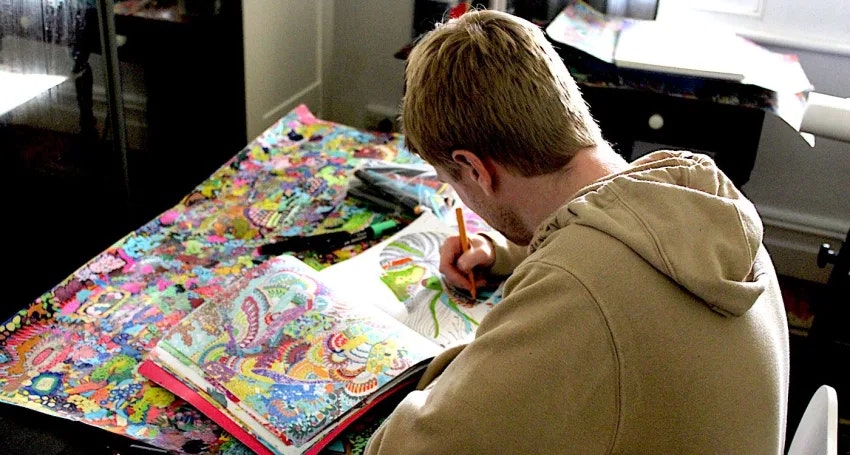Individual approach required to phase out ‘outdated’ disability housing

South Australian based disability support organisation, Access4u, is calling for the phasing out of the traditional disability group home model, calling it “damaging and outdated”.
Instead the provider wants to see a more personalised and tailored approach to home and living options across the industry based on a person’s needs, wants and goals.
According to Access4u Chief Executive Officer (CEO) Cathy Miller, the recent rise in reports of serious incidents in traditional disability group homes over the past four years, is a sign that change is required.
“The rise in incidents is a timely and confronting reminder that a new, innovative approach is what is needed.
“We understand that there are certain restraints around funding, but we need to think outside the box and move beyond simply filling housing vacancies without going through a tailored process that puts the person at the forefront,” Ms Miller said.
Access4u, recognises that every individual deserves choice, including where they choose to live. Ms Miller explains the provider has moved away from the traditional housing model by working directly with individuals, families, and other service providers to empower individuals with living options that are tailored to them.
“Some individuals want to live with friends, some want to live alone, some want to live closer to work or be near their families. The person at the centre should really guide the process,” she says.
“For instance, one of our young clients who recently moved out of his family home is a brilliant artist. His house has a dedicated art studio, so he can focus on his passions. He lives with two housemates whom he gets along well with.
“They play sports together, and come together a couple times a week for a shared dinner. He’s one of many success stories.”
Ms Miller says that while the process of transitioning into appropriate housing can take time and is complex, the positive impact on individuals and their families is significant.
According to Miller, the role of a support provider is far more than personal care and that the demand for innovative home living options is firmly on the rise.
“For change to truly occur we must collaborate as an industry and lead with the individual. Appropriate housing solutions are not ‘one-size-fits-all’, that approach is detrimental to the individual and indeed the future of independent living.”